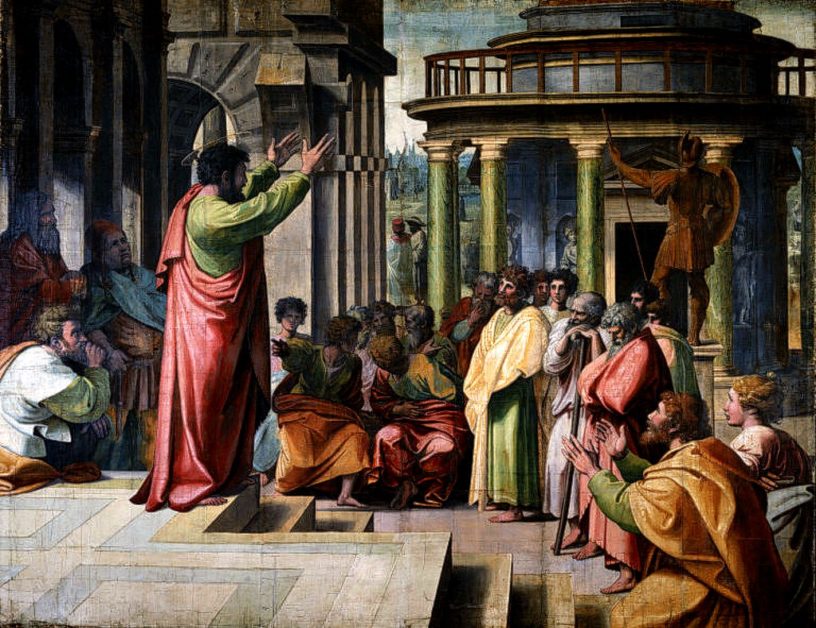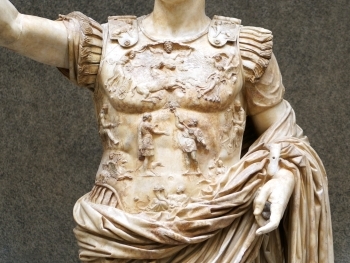the Roman Empire is one of the most important figures in the early Christian church. His teachings and missionary work helped to spread Christianity throughout and beyond, and his letters to early Christian communities continue to be studied and revered today. One of the most fascinating aspects of Paul's life and work are his missionary journeys, which took him across the Mediterranean world and into some of the most important cities of the ancient world. In this article, we will explore Paul's missionary journeys and the impact they had on the early Christian church.
Paul's first missionary journey began in around 46 AD, when he and his companions Barnabas and John Mark set sail from Antioch to Cyprus. They then traveled to the cities of Pamphylia, Pisidian Antioch, and Iconium, preaching to both Jews and Gentiles and establishing early Christian communities. The journey was not without its challenges, as Paul faced opposition from some Jewish leaders and was even stoned and left for dead in Lystra. Despite these obstacles, however, the journey was ultimately successful, and the new Christian communities established by Paul and his companions continued to thrive and grow.
Paul's second missionary journey took place around 49-52 AD and was even more extensive than his first journey. He traveled across much of Greece, visiting cities like Athens and Corinth and establishing new Christian communities along the way. One of the most significant events of this journey was Paul's visit to the city of Philippi, where he established one of the first Christian communities in Europe. The journey also saw Paul establish important relationships with other Christian leaders like Timothy and Titus, who would become key figures in the early Christian church.
Paul's third and final missionary journey began in around 53 AD and took him back through many of the same cities he had visited on his previous journeys. During this journey, Paul spent two years in the city of Ephesus, where he established a thriving Christian community and became embroiled in conflicts with local merchants who opposed his teachings. He also visited cities like Corinth and Jerusalem, where he faced imprisonment and persecution but continued to preach the Gospel and spread the message of Christ.
In addition to the historical and religious significance of Paul's missionary journeys, they also serve as an inspiration to believers today. Paul's tireless dedication to spreading the Gospel and establishing new Christian communities in the face of opposition and hardship is a powerful example of what it means to live a life of faith and service. By studying his journeys and the impact they had on the early Christian church, we can gain a deeper understanding of the roots of our faith and the enduring legacy of one of its greatest champions.




